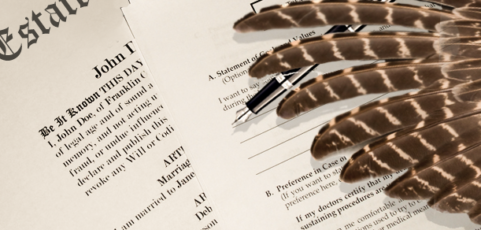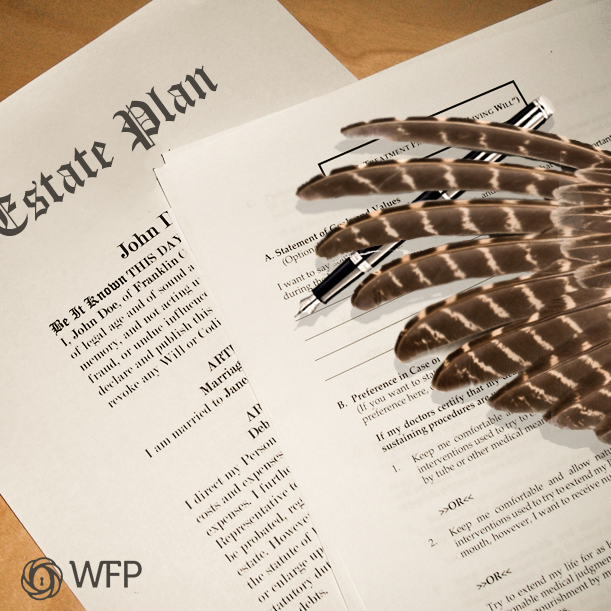
Divorce is a bummer (or maybe not, depending on your situation). It impacts almost every area of your life, and your estate plan is no different. While estate planning might not be high on your to-do list during the divorce process, you should still take some time to consider which documents need to be updated.
Divorce laws vary based on your state, but, overall, the legal principle is the same: it is the termination of the marital bond and restructuring or canceling of martial obligations. Both the pre- and post-divorce phases require action on your part when it comes to your estate plan.
Before the Divorce is Final
There are several documents you need to
update before the divorce is final. These include your living trust, living will, Power of Attorney, and will. You cannot assume that the completion of the divorce will immediately terminate your ex-spouse’s involvement in your estate plan. While that may be the case for the will, it’s not always so for the others.
- Living trust. Your trust will be interpreted based on whether it is revocable or not. A trust that is revocable at the time of your death, provisions in the trust regarding your ex-spouse will be invalid. But, if your trust is irrevocable and you die with the trust still naming your ex-spouse as beneficiary, he or she is going to get all your things. The law cannot help you in this situation.
- Living will. Your living will concerns healthcare directives and other related issues. If you fall ill and are incapacitated, who is your agent? If it is your ex-spouse, you may want to change that. If you feel comfortable with the person you’ve just divorced making critical life-or-death decisions about your medical care, then you should keep them as your agent. If not, make the change. It is not always clear whether a state’s laws will automatically excuse your ex-spouse from his or her duties in your living will.
- Power of Attorney. Generally, depending on the state in which you live, if your spouse is your power of attorney and you divorce him or her, this grant of power will be revoked once the action for divorce is filed. However, the whole power of attorney is not revoked in its entirety. Your spouse may still be named as guardian, and that will not be revoked until the final decree.
- Will. Depending on when you made your will, the final decree of divorce will generally revoke any provisions in the will concerning your ex-spouse. This only applies to your ex-spouse. Your ex-spouse’s kids are not kicked off the will, so if that’s something you want to do, you cannot count on the rule of law doing it for you.
Post-Divorce: What You Need to Do
So, you’ve made it, and the final decree has happened. Now what?
Well, in your estate plan, you will likely have some gaps to fill, including power of attorney, agent, beneficiaries, and other roles from which you have removed your ex-spouse. You will need to restructure and re-do your estate plan to make sure those critical positions are covered. Schedule an estate planning consultation today, regardless of whether you are pre- or post-divorce.



